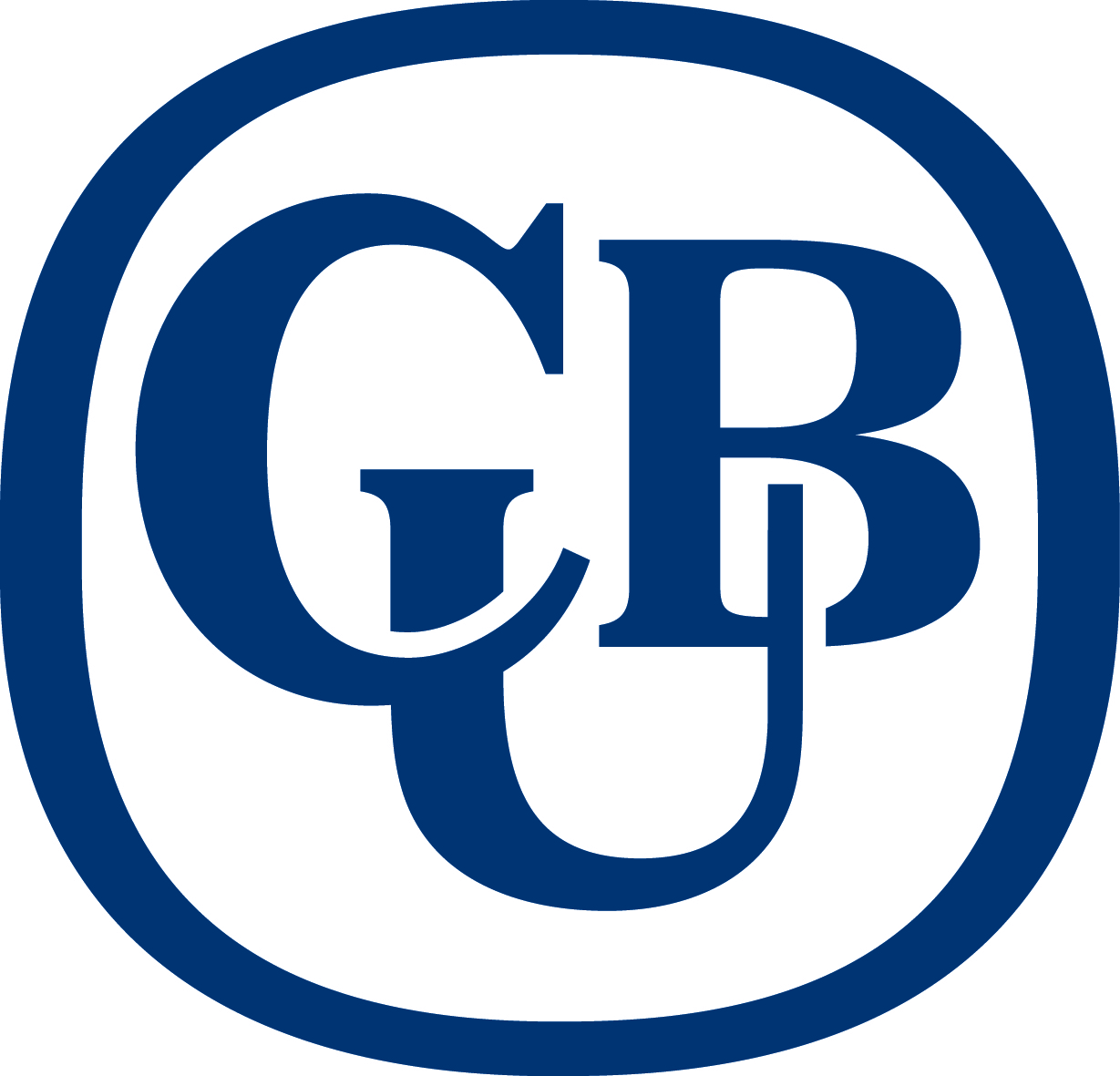
CUB claims the Reds, beer drinkers still get no choice
Beer sponsorships don’t generally cause much of a stir at Australian Brews News, especially when it just involves one generic mid-strength lager substituted for another at the football.
 But Carlton & United Breweries’ snaring the sponsorship rights for the Queensland Reds, ending Lion Nathan/XXXX’s two decade association with Queensland Rugby, marks just how aggressive Australia’s largest brewer is getting to increase its share of the Queensland market. It also highlights one of the biggest issues facing beer at the moment.
But Carlton & United Breweries’ snaring the sponsorship rights for the Queensland Reds, ending Lion Nathan/XXXX’s two decade association with Queensland Rugby, marks just how aggressive Australia’s largest brewer is getting to increase its share of the Queensland market. It also highlights one of the biggest issues facing beer at the moment.
CUB Queensland General Manager Cameron Levick was quoted with the usual platitudes in announcing the new two-year sponsorship deal that will see Carlton Mid served at all Reds Super Rugby games and Ballymore’s famous XXXX Hill rebranded.
“CUB’s Queensland brewery is the biggest in the country and, besides being proudly Australian, we have 350 one eyed Reds supporters working there,” Mr Levick said.
“The Reds are also a bit like us in recent years, being often underestimated in Queensland but 2011 looks like being a watershed year for the team and for Carlton Mid.”
But for all the parochial Queensland rhetoric, what really matters is the exposure that the brand will get in Queensland through exclusive pourage rights at Suncorp Stadium and at Ballymore.
“We’re expecting to supply more than 150,000 litres of Carlton Mid to rugby fanatics at all eight Reds home games at Suncorp Stadium in 2011,” Mt Levick said.
The move comes as one industry analyst announced that Foster’s Group faces a decline in beer profitability for the first time since 2001 as volumes stall and price increases slow.
Citibank analyst Andy Bowley’s research note suggested first-half beer sales volumes at Foster’s may have dropped 5 per cent with the declining demand means the brewer can no longer raise prices in excess of inflation.
The report attributed the reduced demand to a number of factors, including a cool start to the Australian summer and a shift in consumer tastes toward pre-mixed drinks and spirits that are curbing beer demand, while gains in the Australian dollar are making imported brews cheaper than Foster’s labels.
“The beer industry is experiencing its toughest volume environment in living memory,” Bowley wrote.
The CUB move is designed to expose their products to a captive audience at football games. While it may have a positive effect on Carlton Mid against XXXX Gold, Australian Brews News wonders whether such tactics aren’t counter productive for the beer market in the longer term.
Last week the Daily Telegraph reported that as many as 300 pubs across New South Wales may be put into receivership, with at least 50 facing immediate foreclosure.
While the reasons for this are complex, the article included one telling comment.
“But sources said that in their pursuit of pokie revenue, they neglected their primary asset – their drinkers.”
“When pokie revenues started to dip, suddenly the pubs realised their public bar was empty.”
ABN wonders whether one of the causes of neglect for beer drinkers isn’t the big brewery-sponsored tap contracts that see cash rebates and other financial and in-kind support given to hotels in return for near exclusive pourage rights. Like pokie revenue, it’s a good business arrangement for hoteliers and certainly for big breweries, but also limits choice for beer drinkers and leaves them with little reason to go to the pub – apart from pokies, keno and sports TAB.
With many contracts requiring a certain percentage of taps to pour a brewery’s offerings, many hotels offer a choice of either Lion Nathan-owned or CUB-owned generic lagers and brewed-under-licence international brands, with maybe an occasional beer from their respective craft arms.
Perhaps this is an extra factor in the move away from beer to other alcoholic offerings: mainstream beer offerings are boring. People are looking for something different and if the beer is boring, they look elsewhere. Ending tap contracts won’t suddenly change Australian beer drinker’s tastes overnight, but loosening them would at least enable publicans to cater to the increasing interest in craft and imported beer – including the ones that aren’t controlled by the cash-rich larger brewers. While there are many factors are at play in the declining consumption of beer, the big brewer’s continued willingness to battle each other for market share, all while the market itself is declining, only hastens that decline.
By comparison, it was astounding to go to a baseball game in Denver, Colorado – home of Coors Brewing – and enjoy a beer in Coors Stadium. In addition to the Coors-owned and controlled beers, vendors offer beers from independent craft breweries. The US craft beer scene continues to power along showing strong growth in the depths of a US recession, while Australia’s brewing industry continues to recede overall. Is the demand for beer stronger in the States because of the availability of interesting and flavourful beer, or is interesting and flavourful beer readily available because there is a demand for it.
It is a chicken and egg question for sure, but all that Queensland Reds supporters – and most pub drinkers in Australia – have been offered through this sponsorship is one feather duster in exchange for another.
Exclusive and heavily restrictive tap pourage contracts show breweries care less about growing the market by bring new consumers to the category than they do about having a bigger share of a smaller pool.
[adrotate group=”1″]



